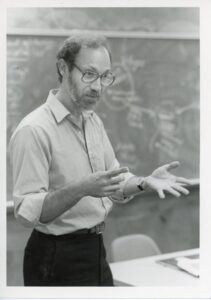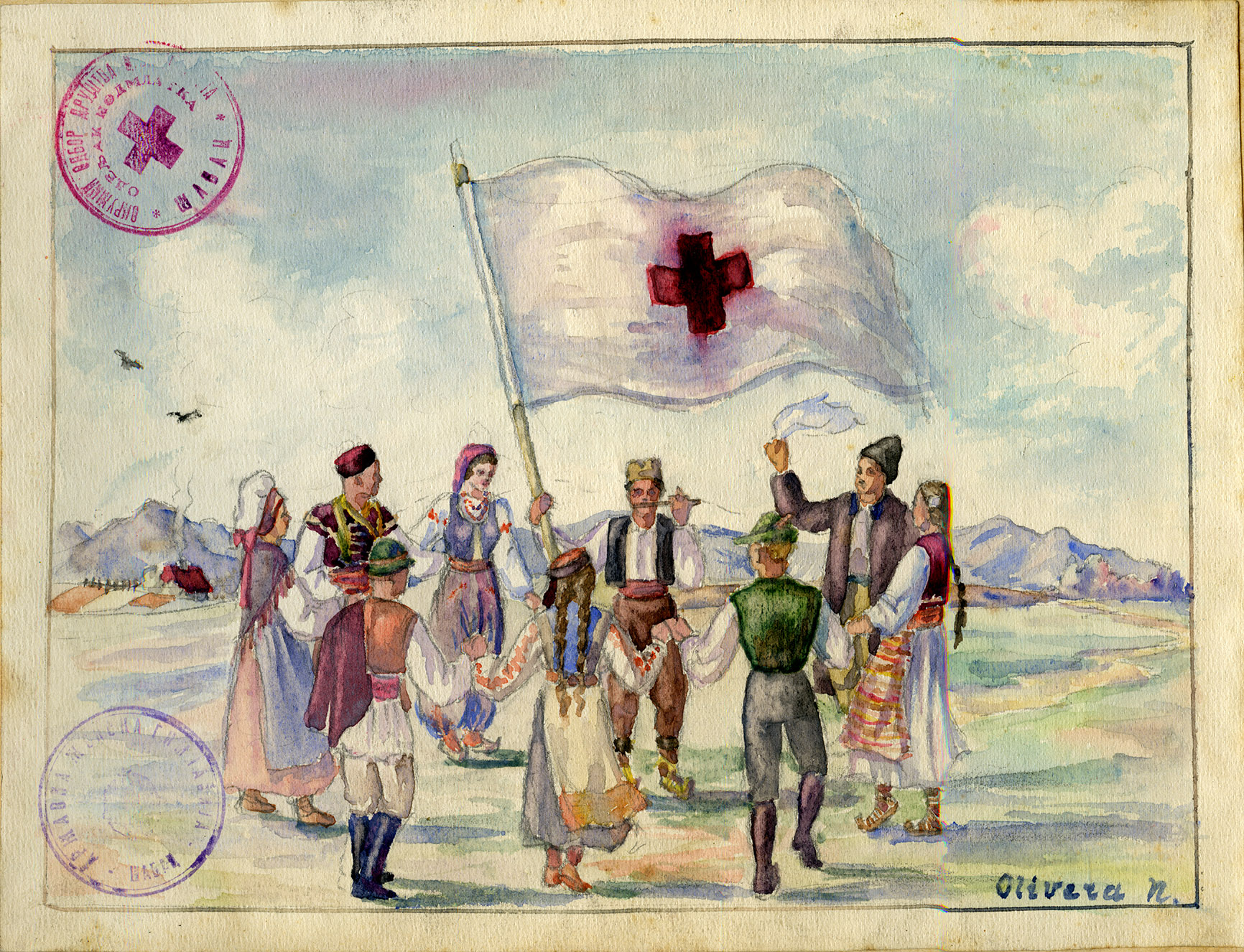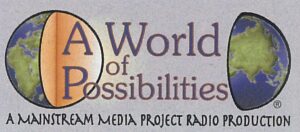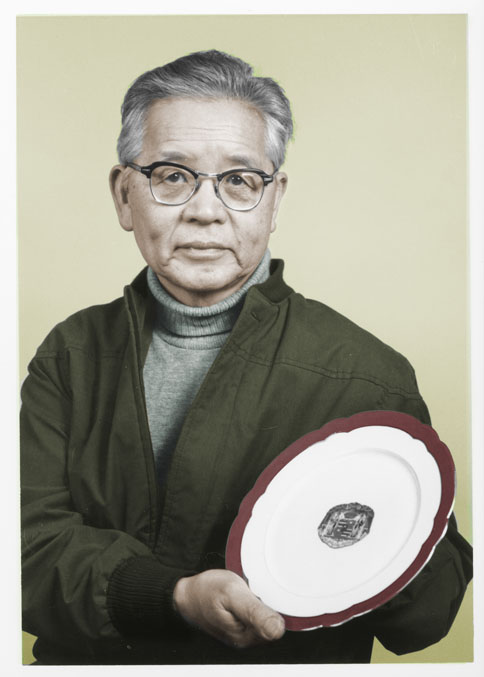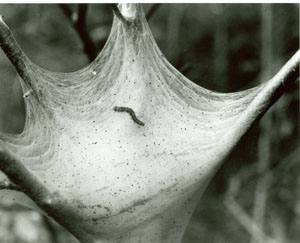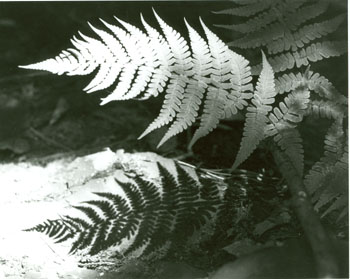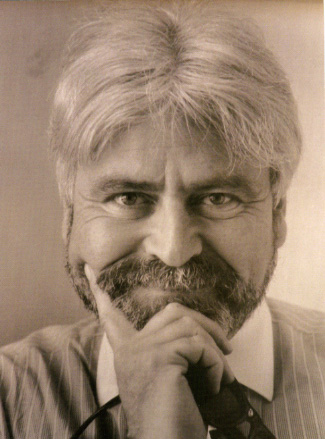Paul Lyons Papers
Paul Lyons was a passionate teacher, historian, writer, activist, and musician. He was born in 1942 into a lower middle-class Jewish family in Newark, New Jersey and attended Weequahic High School. He earned his undergraduate degree in history from Rutgers University in 1964. He then continued at Rutgers where he began studying law. After hearing a speech by Bayard Rustin, he quit law school to become a teacher and civil rights activist, participating in campus protests as part of the anti-Vietnam War movement. Between receiving his master’s degree in history at Rutgers in 1967 and his PhD in Social Work from Bryn Mawr College in 1980, Lyons taught history at Temple University and The Miquon Upper School, an independent middle and high school located in Chestnut Hill in Philadelphia, PA. He spent the bulk of his career teaching at Stockton University in New Jersey. While at Stockton, Lyons was involved in his union, and played saxophone and sang in the Stockton Faculty Band. He also helped establish The Sara and Sam Schoffer Holocaust Research Center.
During his career he published 5 books: Philadelphia Communists, 1936-1956 (1982); Class of ’66 (1994); New Left, New Right; The Legacy of the Sixties (1996), The People of This Generation (2003); and American Conservatism: Thinking It, Teaching It (2009). A historian of the Left, Lyons spent his career attempting to grapple with the successes and failures of the New Left in the United States during the latter part of the 20th Century. Literature on the New Left was long dominated by top-down narratives focusing on major organizations and their leaders. Lyons’ People of This Generation (Temple UP, 2003) was significant in that it presented a far different view of the movement as a neighborhood-level case study of the grassroots. His book American Conservatism: Thinking It, Teaching It grappled with the history/intellectual traditions of conservatism in America through the experience of teaching an interdisciplinary senior seminar in the spring of 2006. Much of his research focused on the teaching of social justice and present day events, such as 911, within the classroom. He was published in the Chronicle of Higher Education, Inside Higher Education, The Observer and The Journal of Historical Society.
Lyons was married to Mary Hardwick and had three children: a son, Max Lyons , step-daughter, Jenn Zelnick, and step-son, Nate Zelnick. He passed away at the age of 67 in 2009.
This small collection of published and unpublished papers assembles several of Lyons’ articles for publication including: Chronicle of Higher Education, Inside Higher Education, and The Journal of Historical Society. Also included is a draft of an unpublished memoir, a copy of his 1980 master’s thesis The Communist as Organizer: The Philadelphia Experience, 1936-1956, drafts of American Conservatism, speeches given at anti-Iraq War rallies, and a draft of a manuscript entitled The Last Socialist in America. It also includes his poetry and other assorted writings. Many of these writings reflect his lifelong areas of interest such as the history of the Left and the rise of conservatism in the U.S. Also included are several articles from journals and web outlets that address September 11th, the Iraq war, teaching, John F. Kennedy, the 1960s, patriotism, and more.


